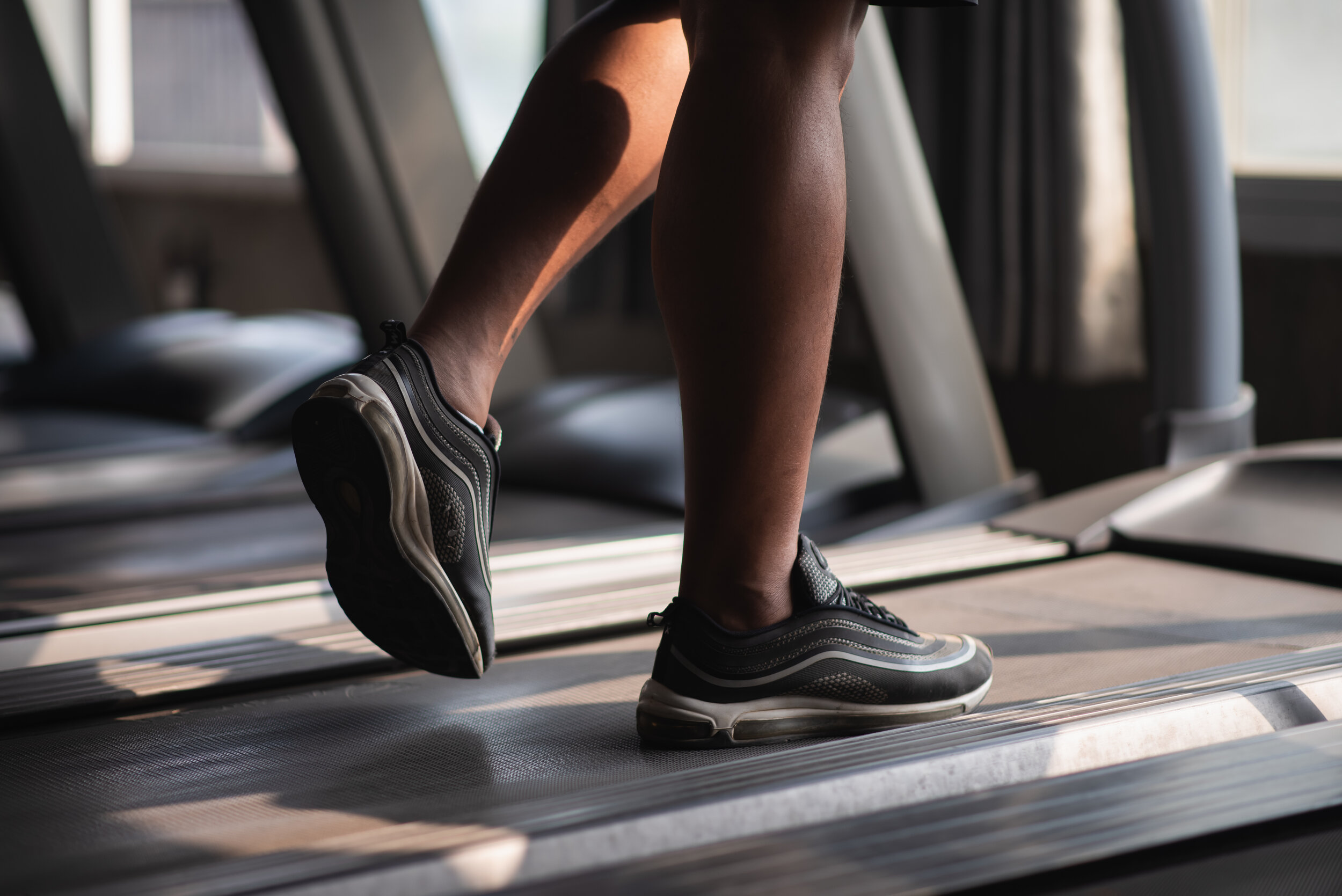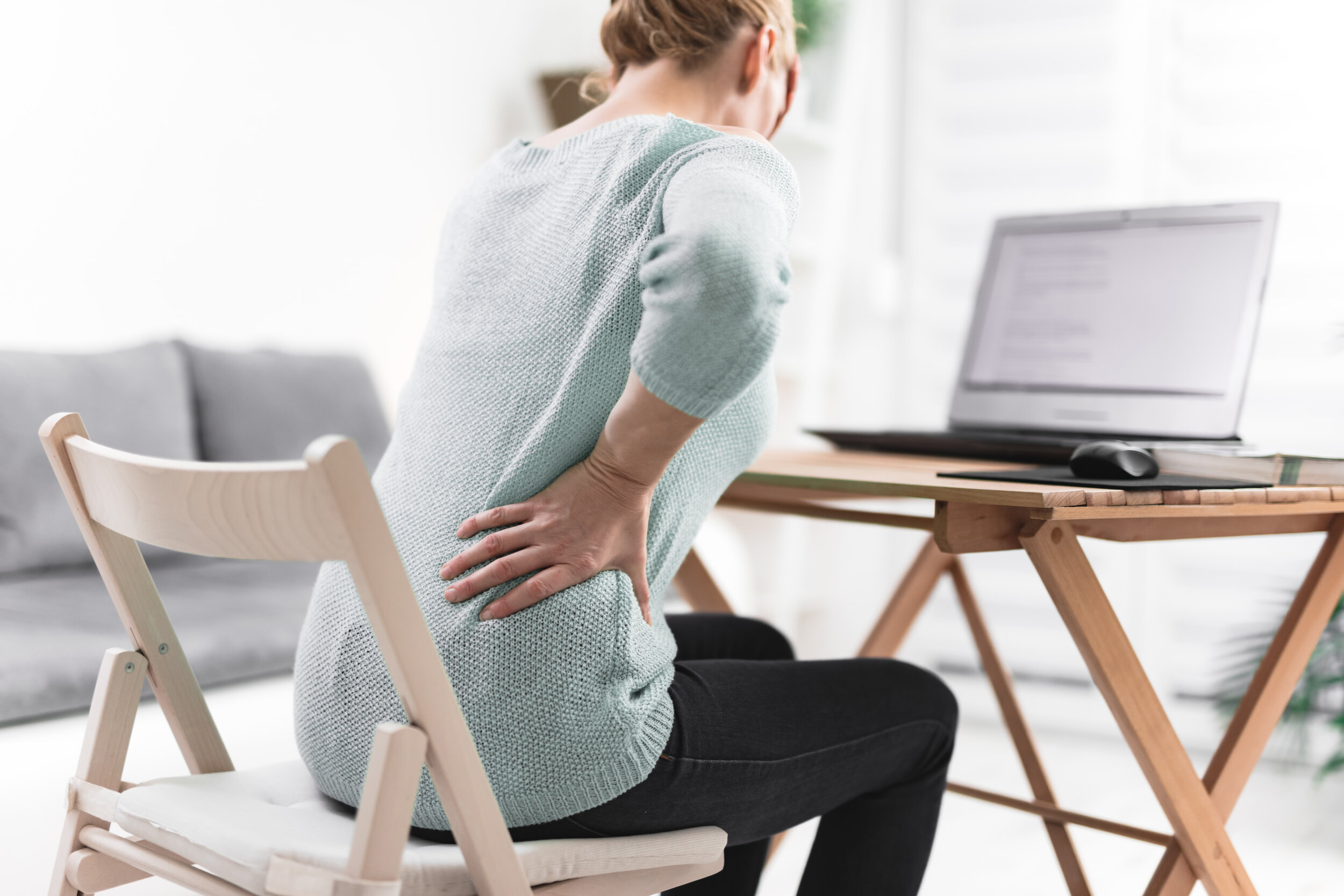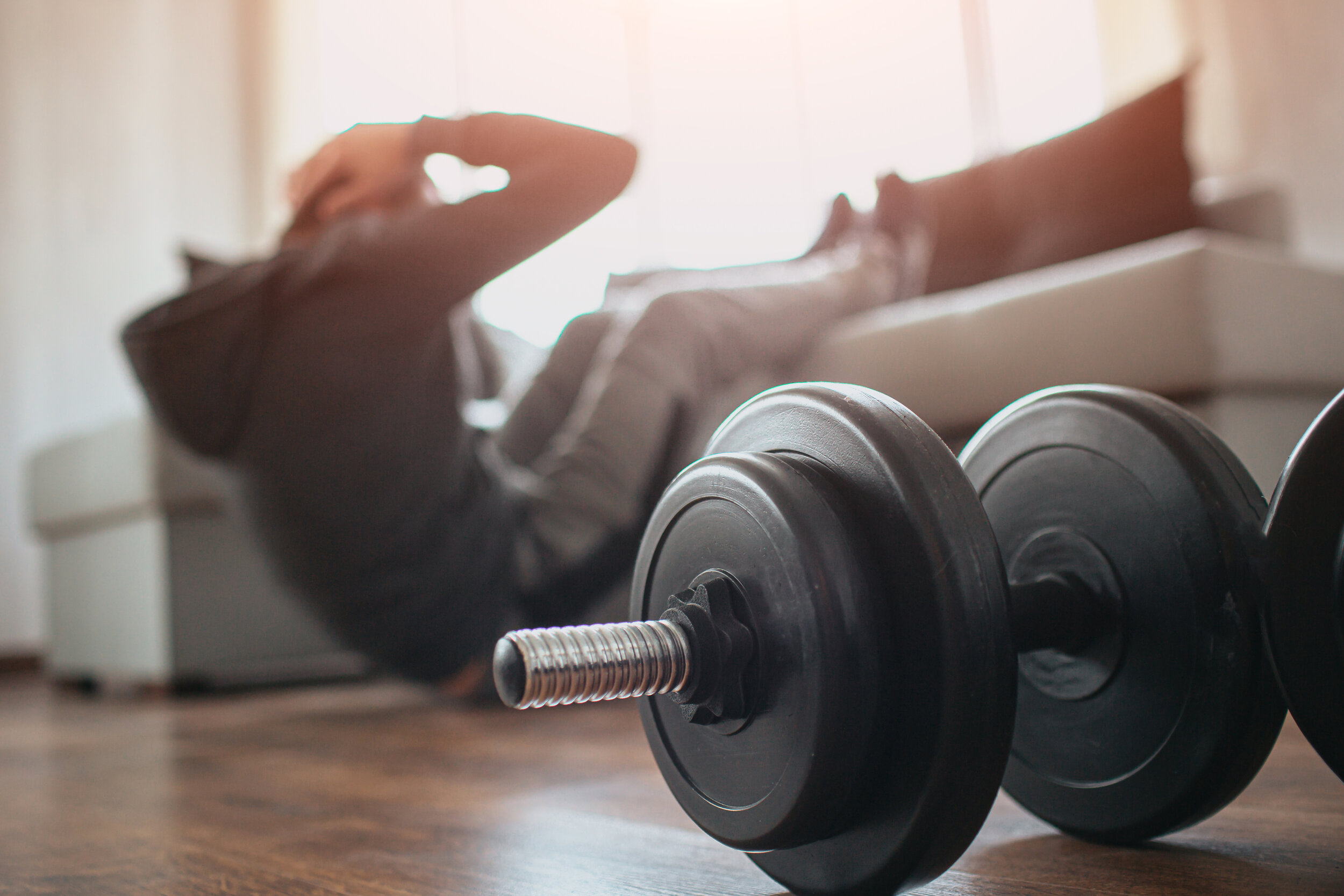When Sore Is Good.
We’ve heard the saying lots - “no pain, no gain.” Is there a good pain? Or a good sore? The short answer is sort of. Muscle soreness is a side effect of the stress put on muscles when you exercise or increase your activity.
It is commonly called Delayed Onset Muscle Soreness, or DOMS, and it is completely normal. When muscles are required to work harder than they're used to or in a different way, it's believed to cause microscopic damage to the muscle fibres, resulting in muscle soreness or stiffness.
DOMS is often mistakenly believed to be caused by a buildup of lactic acid, but lactic acid isn't involved in this process. DOMS usually begins within 6-8 hours after a new activity or a change in activity, and can last up to 24-48 hours after the exercise. The muscle pain is due to inflammation within the muscle, which is one of the main triggers for this muscle soreness.
You are most likely to experience delayed muscle soreness after one of the following:
Starting an exercise or workout program for the very first time
Adding a new activity or exercise to your workout
Increasing the intensity of an exercise already in your program (increasing the amount of weight lifted, number of repetitions, or speed)
Performing the same activity over and over again without a sufficient rest break
The good news is that normal muscle soreness is a sign that you're getting stronger, and is nothing to be alarmed about. During exercise, you stress your muscles and the fibers begin to break down. As the fibers repair themselves, they become larger and stronger than they were before.
To help relieve muscle soreness, try:
Gentle stretching.
Muscle massage. (We know a good place😉)
Rest.
Ice (to help reduce inflammation)
Heat (to help increase blood flow to your muscles)
Over-the-counter (OTC) pain medicine, such as a nonsteroidal anti-inflammatory drug (NSAID) like ibuprofen (brand name: Advil).
While we are in our homes, here’s a few DIY remedies for muscle soreness and pain;
Epsom salts. These are full of magnesium sulfate - a natural ingredient to relax sore muscles. A cup of Epsom salt, when mixed in a warm bath, works like magic for the aching muscles. Soak the aching muscles in the water till it cools down. You can do this three times a week for relief.
Apple cider vinegar. You can either mix a teaspoon of apple cider vinegar in water and consume it or you can apply it directly to the affected area. Due to its anti-inflammatory and alkalising properties, apple cider vinegar helps to reduce muscle pain and inflammation.
Essential oils. There are some essential oils that can be helpful for muscle pain relief. Lemongrass, peppermint and marjoram essential oil for cramps. Marjoram, peppermint, lavender essential oils are great for tension. Add one or two drops of essential oils in a teaspoon of carrier oils such as coconut oil, olive oil and massage the affected area.
Cherry juice. Tart cherry juice is packed with antioxidants that help to reduce muscle soreness.
Water. Keep yourself hydrated throughout your workout to avoid cramps. Friendly reminder to also check on your posture during your workout. Consult your doctor if the soreness continues for more than 4-5 days.
Book an appointment with us in the New Year and we will help stay on track with your health.




